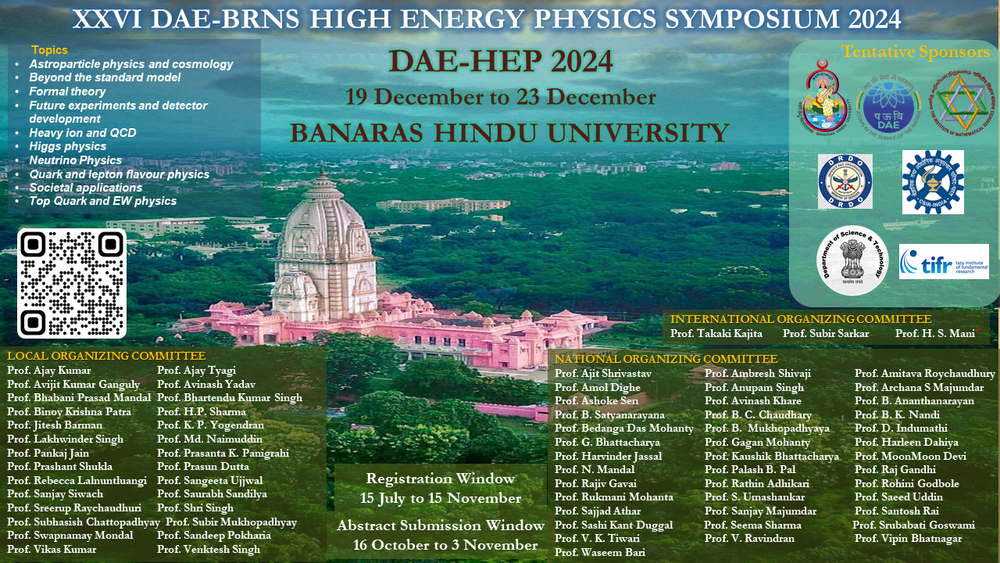Speaker
Description
Future collider experiments demand pixel detectors capable of withstanding higher energy and luminosity. In response, MALTA, a novel monolithic active pixel detector, has been developed with a cutting-edge readout architecture, offering exceptional radiation tolerance, high hit rates, superior spatial resolution, and precise timing. Developed with 180nm CMOS imaging technology. MALTA integrates both the sensor and readout electronics into a single silicon wafer, demonstrating significant potential as a next-generation detector. To optimize sensor performance prior to deployment, comprehensive electrical characterization has been conducted. This study includes comparative DAC analyses of the second generation of MALTA sensors (MALTA2) with varying thicknesses (300 μm and 100 μm), providing valuable insights for future performance improvements. The research has been conducted using the setup at IIT Madras.
| Field of contribution | Experiment |
|---|

